One of the penalties for refusing to participate in politics is that you end up being governed by your inferiors
Plato
That’s a timeless quote from Plato, totally relevant even today. Politics in organisations is omnipresent. Human beings do politicking possibly in every sphere of human activity. While politicking is a natural tendency of humans in every possible socio-economic activity, it would have caused maximum injury to magnificent possibilities for creating a better enterprise. What could be possible ways in which organisations can get distorted because of political dynamics?
Politics within business organizations can indeed have a significant impact on productivity and overall performance. Organizational politics often arise from the complex interplay of individual ambitions, power struggles, and differing interests.
While some level of political manoeuvring is inevitable in any human interaction, excessive politics can certainly lead to derailing an organization in various ways, Sharing examples:
- Erosion of Trust and Collaboration: When individuals engage in political games, it erodes trust among team members and departments. A lack of trust can hinder collaboration, as people become hesitant to share information or work together due to concerns about hidden agendas.
- Focus on Self-Interest Over Organizational Goals: Excessive politicking can lead to employees and leaders prioritizing their personal agendas and self-interest over the broader goals of the organization. This can result in decisions that benefit individuals or small groups but are detrimental to the overall health of the company.
- Decision-Making Delays: Political dynamics can slow down decision-making processes. When decisions become embroiled in power struggles or favouritism, it takes longer to reach a consensus or take action, which can hinder the organization’s ability to respond quickly to market changes or opportunities.
- Loss of Talent and Burnout: A toxic political environment can drive away high-performing employees who are frustrated with the negative atmosphere. Additionally, employees who remain may experience burnout as they navigate office politics, leading to decreased productivity and morale.
- Inefficient Resource Allocation: Politics can lead to resources being allocated based on personal relationships or political manoeuvring rather than merit or strategic importance. This can result in suboptimal resource utilization and hinder the organization’s ability to execute its strategies effectively.
- Lack of Innovation and Creativity: In an environment where politics are rampant, employees may be reluctant to share innovative ideas or challenge the status quo for fear of backlash. This stifles creativity and innovation, which are essential for organizational growth.
- Poor Communication and Misalignment: Political games often involve hidden agendas and selective communication. This can lead to misunderstandings, misinterpretations, and a lack of clear alignment among team members, departments, and leadership.
- Negative Organizational Culture: A culture of politics can foster negativity and competition among employees, leading to a hostile work environment. This negative culture can affect employee morale, job satisfaction, and overall engagement.
- Leadership Instability: When leadership positions become subject to political manoeuvring, it can result in frequent changes in leadership roles. This instability can disrupt strategic continuity and hinder the organization’s long-term planning.
- Reputation Damage: Excessive politics within an organization can become known externally and damage its reputation. Customers, partners, and stakeholders may be hesitant to engage with an organization known for internal conflicts and power struggles.
To mitigate the negative impact of politics, organizations can take several measures:
- Promote Transparency: Encourage open communication and transparency in decision-making processes to reduce ambiguity and minimize the potential for hidden agendas.
- Value-Based Leadership: Foster a leadership culture that values integrity, ethics, and the organization’s mission over personal gains.
- Conflict Resolution: Develop effective conflict resolution mechanisms to address differences and disputes in a constructive manner.
- Clear Accountability: Define roles, responsibilities, and expectations clearly to minimize confusion and reduce opportunities for political games.
- Inclusive Decision-Making: Involve diverse perspectives in decision-making to prevent concentration of power and reduce the likelihood of self-serving decisions.
- Leadership Development: Provide leadership development programs that focus on emotional intelligence, communication skills, and relationship building to create leaders who are less likely to engage in harmful political behaviours.
- Reward Collaboration: Recognize and reward collaborative behaviours and contributions that align with the organization’s values and goals.
While it’s challenging to completely eliminate politics from organizations, creating an environment that discourages excessive politicking and promotes a culture of collaboration and shared objectives can greatly mitigate its negative effects on productivity and success.

